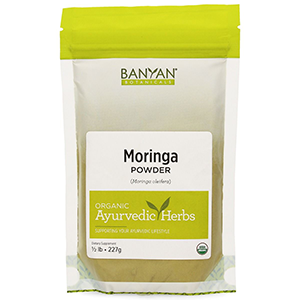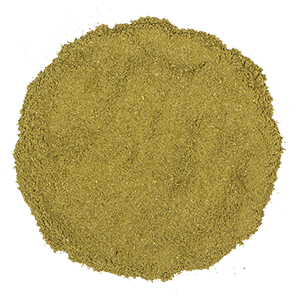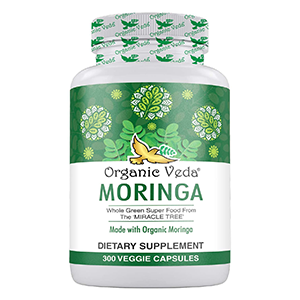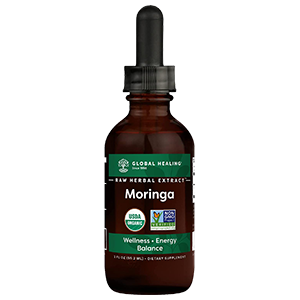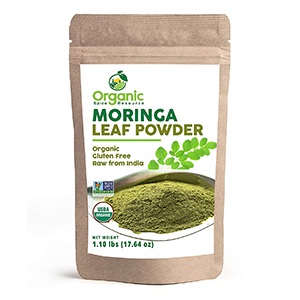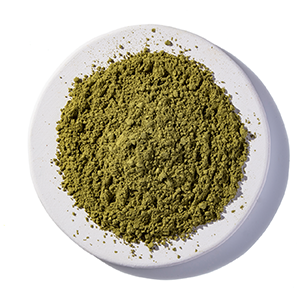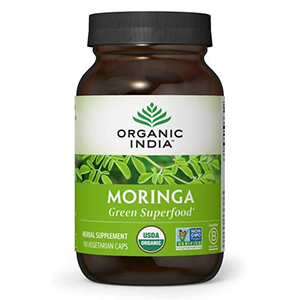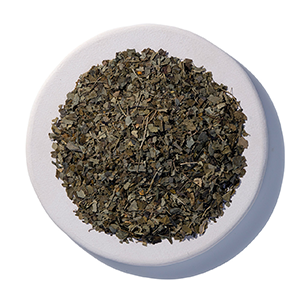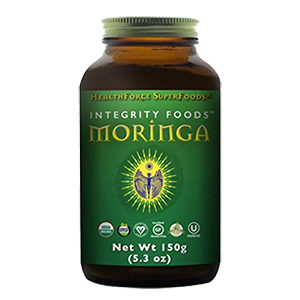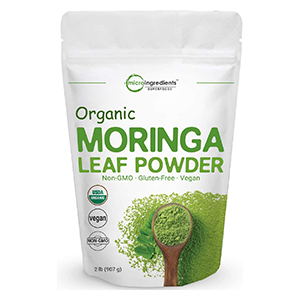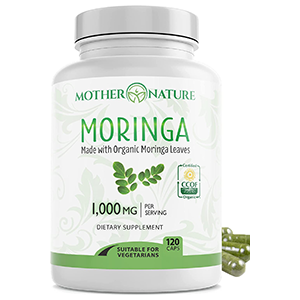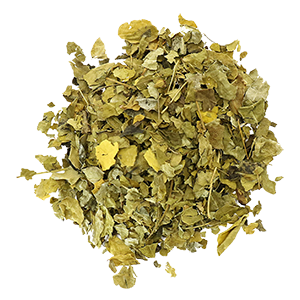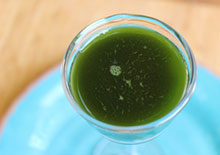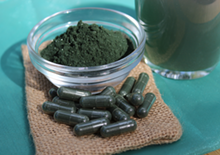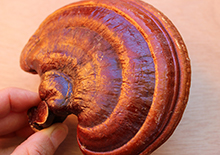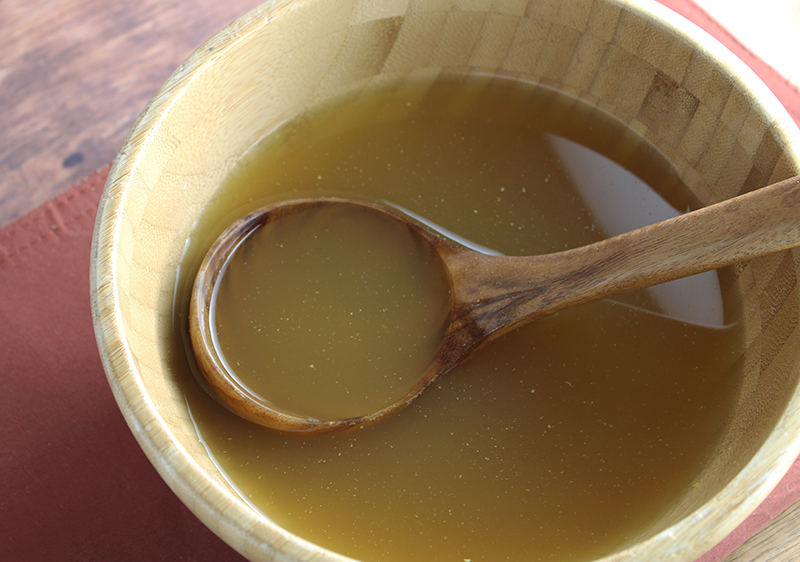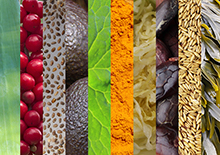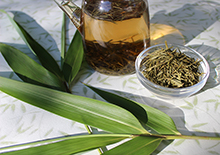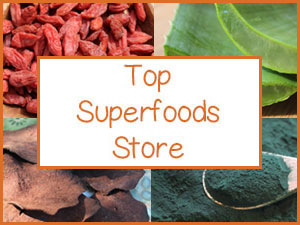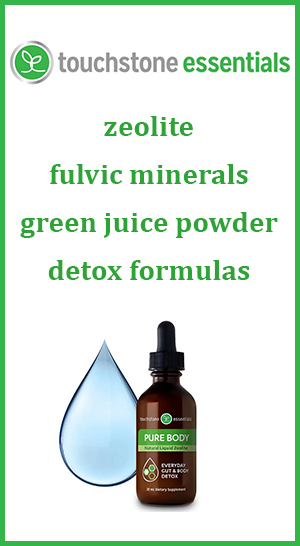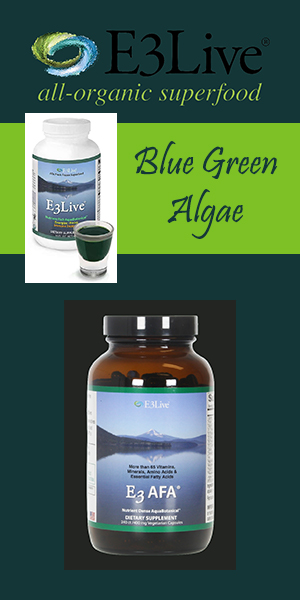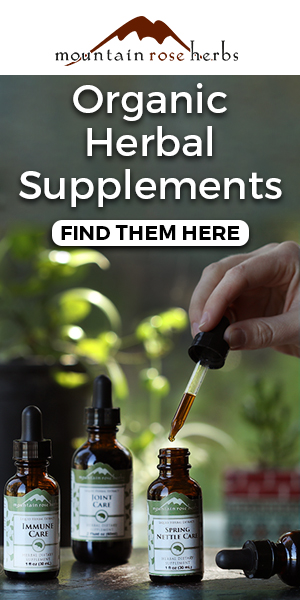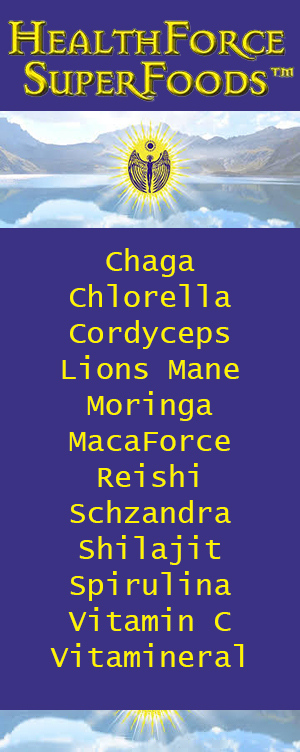- Home
- Top Superfoods
- What is Moringa Good For?
What is Moringa Good For? List of Key Attributes
What is Moringa? | Called "Miracle Tree" | Use of Moringa Powder | Nutritional Benefits | "Shigru" in Ayurveda | Benefits for Permaculture | Precautions | Shop
1) What is Moringa?
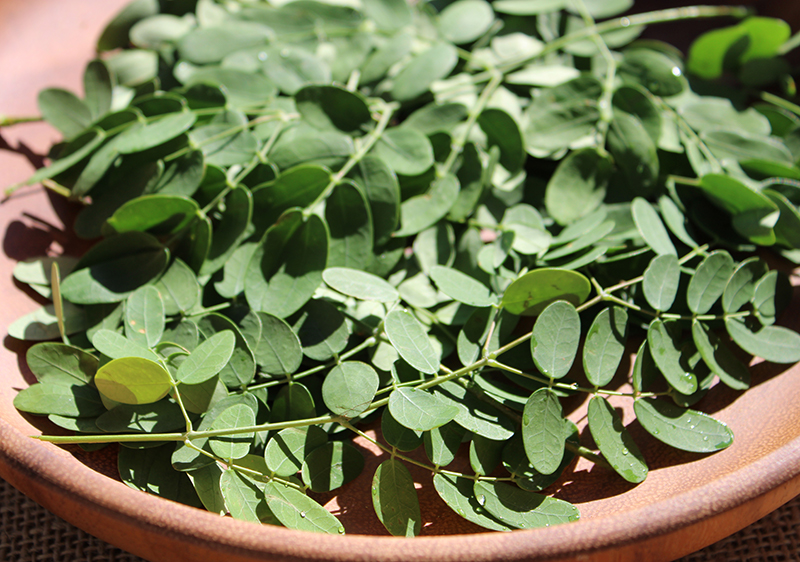
Moringa (Moringa oleifera) is a powerful tree species in today's day and age. Firstly, because of its tenacious fast-growing nature and adaptability to different terrains. Secondly, because of its multiple uses and extraordinary nutritional benefits to humans.
While all parts of the Moringa tree are useful, it is the small oval-shaped leaves that are especially utilized for their very high nutrient value. They are one of those special green superfoods that exemplify the healing potential of chlorophyll-rich plants.
In India, it's known as "shobhanjana" which means "very favorable tree", making reference to these respected qualities.
2) Why It’s Also Called "Miracle Tree"or "Tree of Life"
Table of Contents
What is Moringa? | Called "Miracle Tree" | Use of Moringa Powder | Nutritional Benefits | "Shigru" in Ayurveda | Benefits for Permaculture | Precautions | Shop
Moringa tree and its leaves are considered a miracle food source and panacea in regions of food scarcity and malnutrition.
Often helping to restore the soil, it is a drought-tolerant species that can be grown in areas where other food crops cannot survive. This makes it a valuable resource in undernourished parts of the world where it can be cultivated.
Commonly harvested only several weeks after planting, it will continue to provide edible green leaves throughout the year.
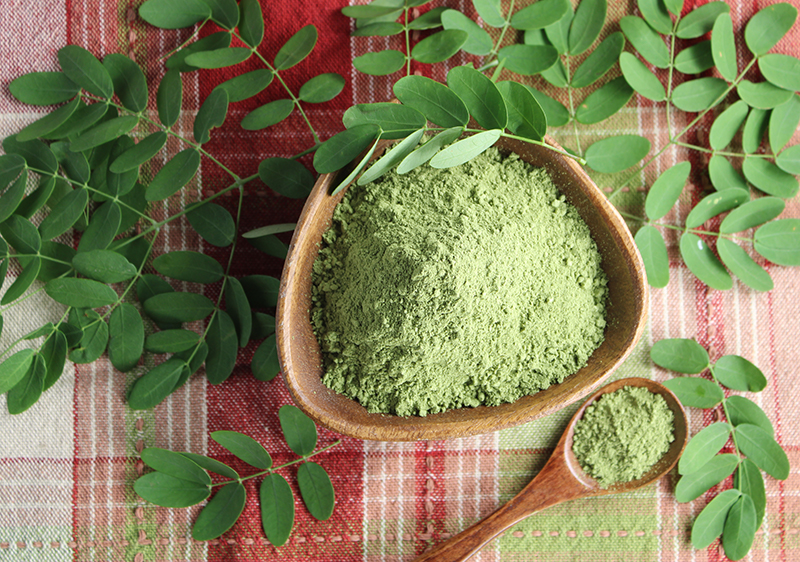
3) Use of Moringa Leaf Powder
While moringa has been used around the globe as a nutritional supplement in impoverished countries, it has only recently become popular as a health-enhancing nutriment in modern industrialized societies.
The fresh leaves can be cooked like a leafy green vegetable. However, one of the key factors about moringa leaves is that they preserve a good amount of their nutrients when dried and ground as a powder. This has been the customary way to consume moringa in Ayurvedic traditions for centuries.
Today, moringa leaf powder is available and used worldwide. You can buy it online or at any health food store. Some large chain supermarkets even carry it here in the U.S. Most are imported from India. We, of course, always recommend purchasing the highest quality with organic certification.
When dried it naturally turns a lighter green color. A spoonful can be simply mixed into a glass of water, blended into drinks, like smoothies and protein shakes, or stirred into fresh pressed juices for added nutrition. Another unique way to use the powder is when making soup broths as it has a savory vegetable-like flavor that incorporates well.
Some herbal companies sell dried moringa leaves which can be utilized to make fresh ground powder or infused to make moringa tea or broth.
Moringa capsules, tablets or extracts are also convenient options for those on the go.

4) Nutritional Benefits of Moringa Powder
Whole leaf powders or extracts are essentially a natural plant-based multivitamin complex containing vitamins and minerals present in a food-based format that's easy to assimilate. Moringa is also a source of protein and all of the nine essential amino acids.
In research reviews reported in 2023, it was identified as a "great nutritional alternative for humans" and also one of the most affordable.
According to one nutrition facts label, moringa powder contains protein, vitamin A, vitamin E, vitamin C, calcium, magnesium and iron.
Many of moringa's healthful qualities also come from its researched antioxidative isothiocyanates, carotenoids, glycosides, flavonoids and phenolic acids including kaempferol, chlorogenic acid, quercetin and beta-sitosterol.
Many of these constituents act as anti-inflammatory agents as well as combat damaging free radicals. They're likewise often considered positively influential to eye health, sleep cycles and immune functions.
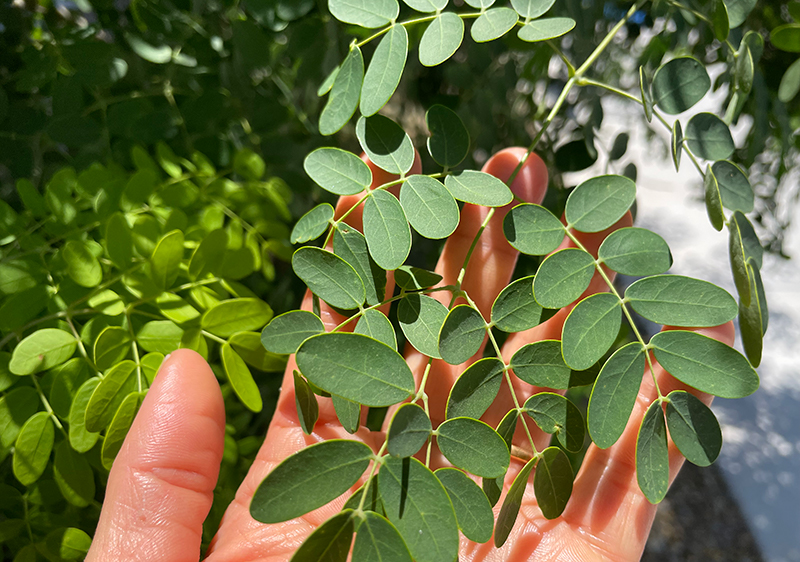
Green powders, like moringa, are energizing nutrient-dense substances that can help to make up for potential deficiencies that arise in our often busy, modern day-to-day life.
Moringa's other nutritive components like chlorophyll and sulfur-containing amino acids also make it supportive to the detoxification pathways, assisting the body to keep it free of toxins.
Adding some kind of green powdered superfood to the diet on a regular basis can be a beneficial way to foster short and long-term wellness. When the body is well-nourished through proper nutritional uptake, many often experience greater energy as well as a mood-enhancing impact.
Moringa leaf powder is top on our list of supplement options. Daily recommended use is usually between 1t-1T of the dried powder.
Moringa is often well-tolerated by most people. However, every body type is a bit different so it's important that you find the right nutritional supplement that resonates most with your own metabolic and digestive nature.
5) Moringa is Called "Shigru" in Ayurveda
Moringa leaves have a green vegetable-like taste yet a slightly spicy flavor. It, in fact, has a heating quality which represents another unique feature compared to other green superfoods like spirulina or chlorella.
In Ayurveda, moringa is referred to as "shigru" (also spelled "sigru") a term which means "moves like an arrow", making reference to its believed ability to rapidly move to deep tissues of the body soon after intake. This aspect is thought to encourage its restorative and cleansing attributes.
Energetically, it is regarded as PUNGENT and BITTERSWEET. It is therefore most balancing for Kapha and Vata body constitutions.
6) Moringa Benefits for Permaculture
Not only is moringa useful as an ornamental shade tree because of its prolific leaf coverage, but Moringa oleifera and other related species are also great for permaculture food-growing systems.
Permaculture is defined as "permanent agriculture" and is modeled from natural ecosystems. It is a sustainable method of crop cultivation that is eventually self-maintaining, requiring little assistance from human hands.
Because of moringa's high nutrient content, it makes a perfect "chop and drop" plant for soil enrichment. It likewise is a fast-growing tree, nitrogen fixer and will help to reestablish fertility in degraded soils.
Trees can also be used to create a natural landscape fencing or used as a protective windbreak or shade canopy tree for understory crop cultivation.
Generally, moringa trees are sun-loving plants commonly grown in subtropical and tropical regions, but are also well suited for non-tropical frost-free locations and dry arid desert-like climates.
We often found moringa species, like Moringa longituba, growing as a landscape plant on our travels throughout Arizona. There are actually at least a dozen different varieties in the genus Moringa indigenous to either India or Africa, all of which have edible nutritious leaves.
Precautions:
Moringa, for supplemental use, is usually well-tolerated but can be too heating for some people, especially when taken in excess. It is best to consult your health care professional or nutritionist prior to adding moringa powder to your diet if you are pregnant, nursing, taking any medications or have a medical condition.
Shop Related Products (About Affiliates & Amazon Associate Paid Links)
Affiliate Disclaimer: This section contains affiliate product links. If you make a purchase through our recommended links, we receive a small commission at no additional cost to you. Thanks for the support.

